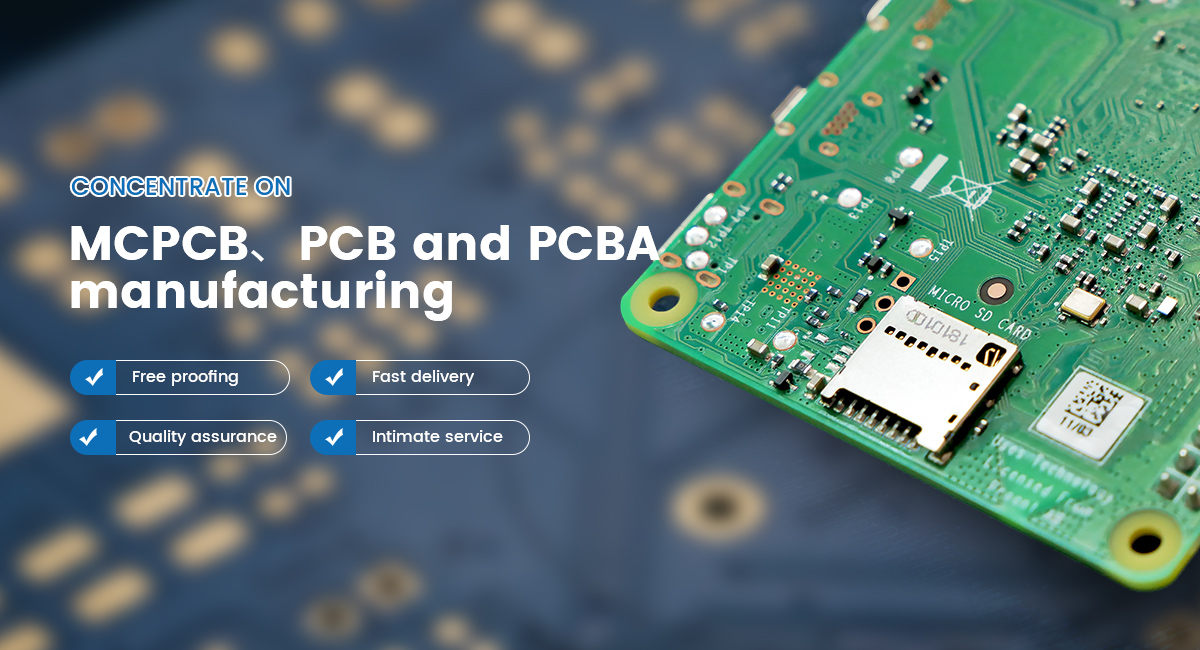Time:2022-11-18 Visit:
Contact discharge is a direct discharge to the device under test; Air discharge, also known as indirect discharge, is generated by coupling a strong magnetic field to the adjacent current circuit. The test voltage of these two tests is generally 2KV-8KV, and the requirements are different in different regions. Therefore, it is necessary to define the market of products before design.
The above two conditions are basic tests for electronic products that cannot work due to electrification of human body or other reasons when human body contacts electronic products.

The humidity is different all over the world, but at the same time, if the air humidity is different in a region, the static electricity generated is also different. It can be seen from the collected data that static electricity will increase with the decrease of air humidity. This also indirectly explains the reason why the electrostatic sparks produced when taking off sweaters in winter in the north are very large. "Since static electricity is so harmful, how do we protect it? We usually take three steps in the design of static electricity protection: prevent foreign charges from flowing into the circuit board and causing damage; prevent foreign magnetic fields from damaging the circuit board." Circuit board; Prevent hazards from electrostatic fields.
In the actual circuit design, we will use one or more of the following methods for electrostatic protection:
1. Avalanche diode for electrostatic protection
This is also a method often used in design. The typical method is to ground the avalanche diode in parallel with the key signal line. This method uses the fast response and stable clamping ability of avalanche diode to dissipate the accumulated high voltage in a short time, thus protecting the circuit board.
2. Use high-voltage capacitor for circuit protection
In this way, a ceramic capacitor with a withstand voltage of at least 1.5KV is usually placed at the I/O connector or key signal position, and the connecting line is as short as possible to reduce the inductive reactance of the connecting line. If capacitors with low withstand voltage are used, they will be damaged and lose their protection.
3. Use ferrite beads for circuit protection
Ferrite beads can well attenuate ESD current and inhibit radiation. When faced with two problems, ferrite beads may be a good choice.
4. Spark gap method
This method is found in one material. Specifically, the microstrip line layer composed of copper sheets is composed of triangular copper sheets with their tips aligned with each other. One end of triangular copper sheet is connected with signal wire, and the other end is connected with triangular copper sheet. Grounding. When there is static electricity, it will produce tip discharge and consume electric energy.
5. Protect the circuit with LC filter
LC filter can effectively reduce high-frequency static electricity entering the circuit. Inductive reactance characteristics of the inductor can well prevent high-frequency ESD from entering the circuit, and the capacitor shunts the high-frequency energy of ESD to the ground. At the same time, this kind of filter can also smooth the edge of the signal, reduce the RF effect, and further improve the performance in signal integrity.
6. Multilayer board for ESD protection
With the permission of funds, selecting multilayer boards is also an effective means to prevent ESD. In the multilayer board, since there is a complete ground plane close to the routing line, ESD can be faster coupled to the low impedance plane, thus protecting the function of key signals.
7. Protection method Protection method for periphery of circuit board
This method usually draws wiring around the circuit board without solder layer. Connect the wiring to the shell as much as possible. Note that the wiring cannot form a closed loop, so as not to cause a loop antenna and introduce more trouble.
8. Use CMOS device with clamping diode or TTL device for circuit protection
This method uses the isolation principle to protect the circuit board. Because these devices have clamping diode protection, the complexity of the design is reduced in the actual circuit design.
9. Use more decoupling capacitors
These decoupling capacitors must have low ESL and ESR values. For low-frequency ESD, decoupling capacitance reduces the loop area. Because of its ESL function, it weakens the role of electrolyte, and can better filter out high-frequency energy